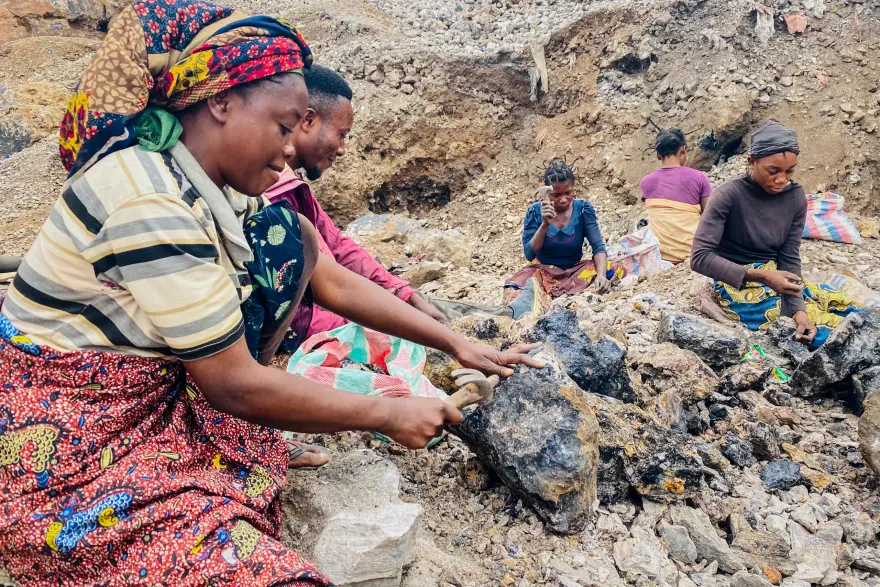Kuwaiti Capital Eyes Africa: A New Chapter in Strategic Investment


Quidah is an online platform that connects investors with curated opportunities and expert insights on Africa’s emerging markets, while offering businesses promotional services, partnership facilitation, and market intelligence to attract capital and grow their operations.
Industries
Kuwait is accelerating its expansion into Africa, positioning itself as a strategic investor across infrastructure, energy, agribusiness, and digital tech. Officials have signaled that Kuwaiti capital is no longer content with passive funding; instead, it seeks active partnerships driving development outcomes. One recent narrative underscores Kuwait’s intent to channel resources into high-impact African sectors through concessional finance, sovereign funds, and joint ventures with local entities.
Historically, Kuwait has maintained a visible presence in Africa through the Kuwait Fund for Arab Economic Development (KFAED). Over decades, it has backed dozens of projects across roads, water systems, education, and agriculture. In recent years, that trajectory has elevated: Kuwaiti firms now view African countries not only as aid recipients, but as investment destinations aligned with long-term regional growth. The volume of Kuwaiti investment in Africa has been estimated at USD 28 billion over recent years, with diverse sectors such as real estate, tourism, fintech, and energy getting attention.
For African nations, this shift can fill critical gaps in capital, technical skills, and project development capacity. Kuwaiti backing can help de-risk early-stage infrastructure projects, catalyze public-private partnerships, and transfer knowledge in areas like renewable energy integration, industrial parks, and digital infrastructure. Countries that streamline approval processes, offer incentives for local value addition, and ensure transparent governance will attract more of this capital flow.
Investors and businesses in Africa stand to benefit from this evolving Gulf-Africa dynamic. Local firms can partner as implementation agents, joint-venture operators, or off-takers in sectors like construction, energy services, ICT hardware, and supply-chain logistics. Kuwaiti capital can also help underwrite project financing, anchor initial demand, and bring stability to nascent African markets by acting as anchor investors. When structured well, these cross-regional investments can generate strong returns while contributing to sustainable development.


